Do you have the genetic code for a long and healthy life?
Until now genetic research as focused on finding genes that cause disease now in a major breakthrough Australian scientists have identified genes that deliver a long and healthy life.
Health
Don't miss out on the headlines from Health. Followed categories will be added to My News.
Australian researchers have uncovered the genes that will make you healthy and able to live a long life, in a major scientific breakthrough.
The Garvan Institute of Medical Research has mapped the genomic data of 4000 Australians aged over 70 who have never developed cancer, heart disease or dementia.
“Effectively we have got a baseline measure of healthy internal or biological ageing,” Professor David Thomas said.
“This indicates that the DNA in an individual’s blood sample may provide a better indicator of their ‘biological age’ than their chronological age.”
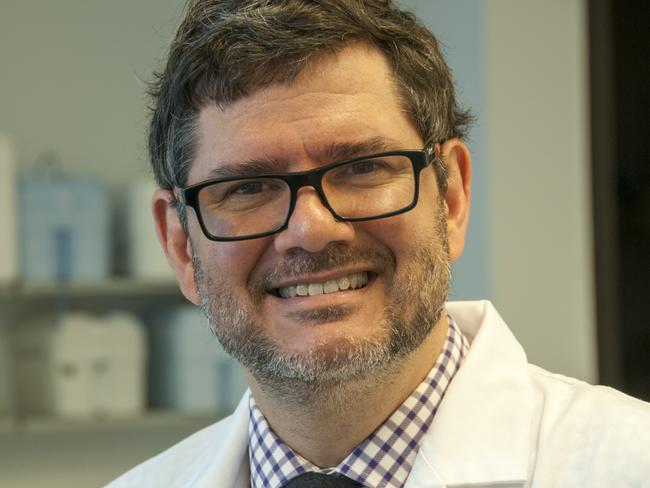
The data base published in the journal Nature Communications is set to revolutionise our understanding of health and ageing as well as help speed up the discovery of which genes cause disease.
Scientists hoping to find the variant genes that cause cancer or other illnesses will be able to compare the genetic data of sick people against the data from the 4000 people in the healthy aged cohort.
This will allow them to dismiss genetic changes they know are consistent with healthy ageing when they are searching for gene variants that might cause disease.
“We are reducing the size of the haystack so we can find more needles,” he said.
MORE NEWS
The pill that could defeat ageing
Do you live in Victoria’s unhealthiest suburb?
Women defy age to get taxpayer-funded IVF at 65
The Garvan Institute data is called the Medical Genome Reference Bank (MGRB).
When the researchers analysed the genomes of prostate cancer patients, they found that using the MGRB as a ‘control’ gave them a 25 per cent higher predictive power of disease-linked gene variants than another genome database commonly used by researchers to find such variants.
In an interesting twist the research has shown some people with genes for high cholesterol and those with variant BRCA genes linked to cancer do not go on to develop heart disease or cancer at least by age 70.
Nine of the healthy older people carried the variants in genes linked to breast and ovarian or cancer but had never developed cancer.
However, the healthy older people lacked bad copies of genes that were linked to prostate and bowel cancer compared to people who developed these diseases, the research found.
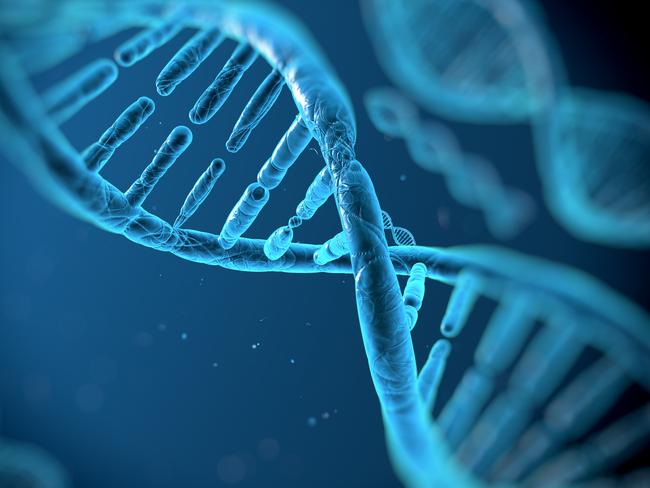
The researchers also found evidence of age-related ‘rust marks’ in the DNA from blood, suggesting a way of predicting biological age independently of chronological age.
These ‘rust marks’ included shortened telomeres (caps at the end of strands of DNA that act like caps on shoelaces).
Longer telomeres are associated with longer life.
Other rust marks included accumulation of mutations and changes to mitochondria, which supply energy to cells.
They found that grip strength, a measure of fitness in the elderly, was associated with higher levels of mitochondrial DNA in cells.
MORE NEWS
PM under fire as McKenzie rejects resignation claims
Healthy older people also had a faster gait (walking) speed than older people who had disease.
The healthy older people whose genome was mapped were also participants of two separate studies — the ASPREE study, which looked at the benefit of giving low dose aspirin to people, and the 45 and Up Study, which is the largest study of healthy ageing in the southern hemisphere.
Professor Thomas said the Garvan Institute was not offering a service where people could have their genome tested and compare it to the healthy aged population to work out their own chances of living a long and healthy life.
Professor of Genetics at Monash University in Melbourne Bruce Holloway, 92, is one of the healthy old people whose genome was mapped in the study.
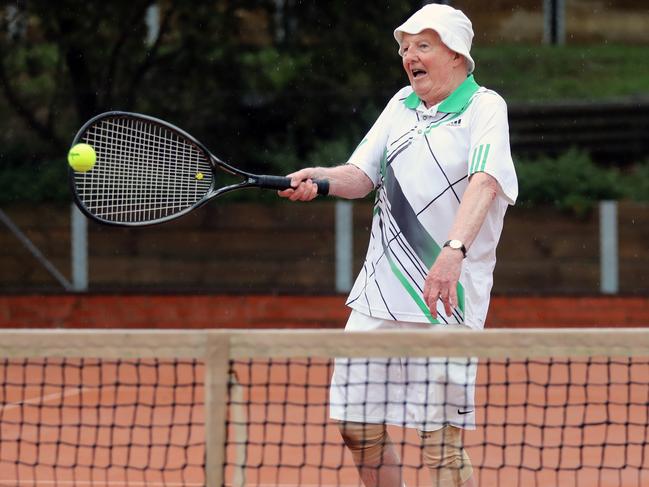
Although he has high blood pressure he has never had cancer, cardiac problems, arthritis or dementia.
Professor Holloway plays tennis twice a week, goes for regular walks and works out in the gym once a week.
He delivers and attends lectures at the University of the Third Age and gives talks at retirement villages.
“Both my parents lived to their nineties, I don’t eat fatty foods or lots of carbohydrates or drink too much” he said.
Asked for the secret to his long life he replied: “moderation and moderation”.
He eats a mostly Mediterranean diet consisting of pasta, olive oil, salad and vegetables, lots of fish but little red meat and he rarely eats dessert except for fresh fruit.
“I think human genomics will affect every aspect of medicine and any medical system that ignores it does so at their peril,” he said.
“Living a long time is not on my bucket list, I just take each day as it comes,” he said.
GENETIC TESTING
A range of genetic tests can be ordered over the internet for around $100 simply by providing a saliva swab.
Ancestry websites will tell you about your geographic origins and match you to potential relatives who may have already undertaken their DNA test.
Others will give you information on your likelihood of carrying genes for hair colour, taste preferences, dandruff, travel sickness unibrow and whether you can taste bitter and sweet foods.
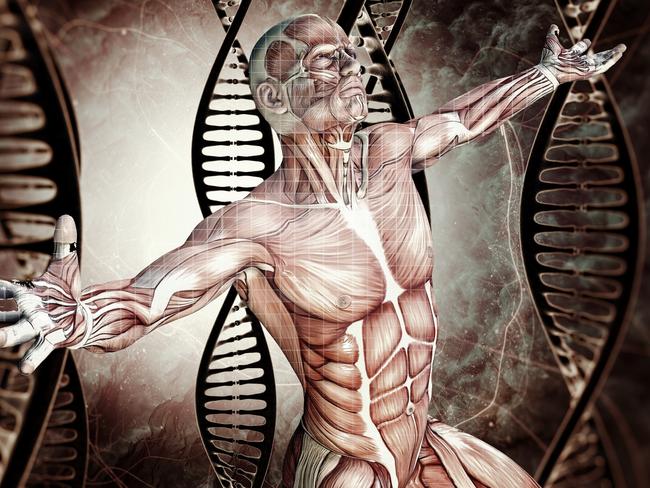
Some chemists offer DNA tests that will check whether you may not properly metabolise medicines including mental health drugs, blood thinners, cholesterol, beta blockers acid reflux and nausea and pain killers like codeine.
Doctors can order tests for certain genes that may cause cancer or inherited illnesses like Huntington’s disease, cystic fibrosis, fragile X syndrome.
A full genome test can cost around $1,000 and will look at whether you carry genes that may make you more likely to develop certain cancers, heart disease and other genetically linked diseases.
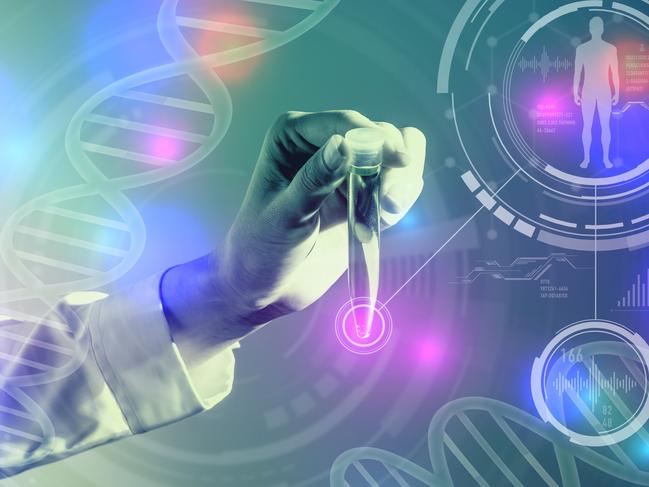
It is crucial to get counselling when you have a genetic test for health reasons so you fully understand the real risk of developing illness and how to manage it.
Be aware that recently law enforcement authorities used genetic data from ancestry websites to catch a mass rapist and murder from family trees of people who were related to people who had provided their DNA for testing.
There is still a lot scientists and researchers do not know about how genes are related to characteristics and illness.
Originally published as Do you have the genetic code for a long and healthy life?
